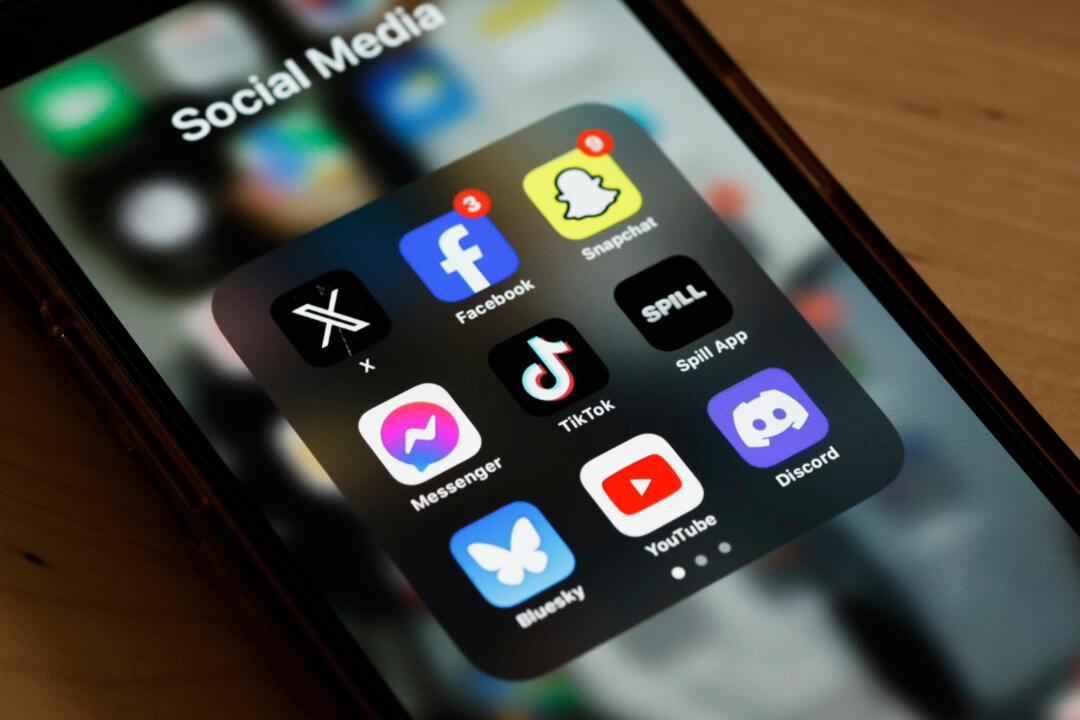A tech lobby representing major social media providers filed a federal lawsuit to prevent a California law from coming into effect that aims to protect youth from social media addiction, arguing that the measure violates the First Amendment.
On Sept. 20, California Gov. Gavin Newsom signed into law SB 976, the Protecting Our Kids from Social Media Addiction Act. The bill prohibits digital platforms from knowingly providing an addictive feed to a minor without parental consent, along with tackling other harms.





